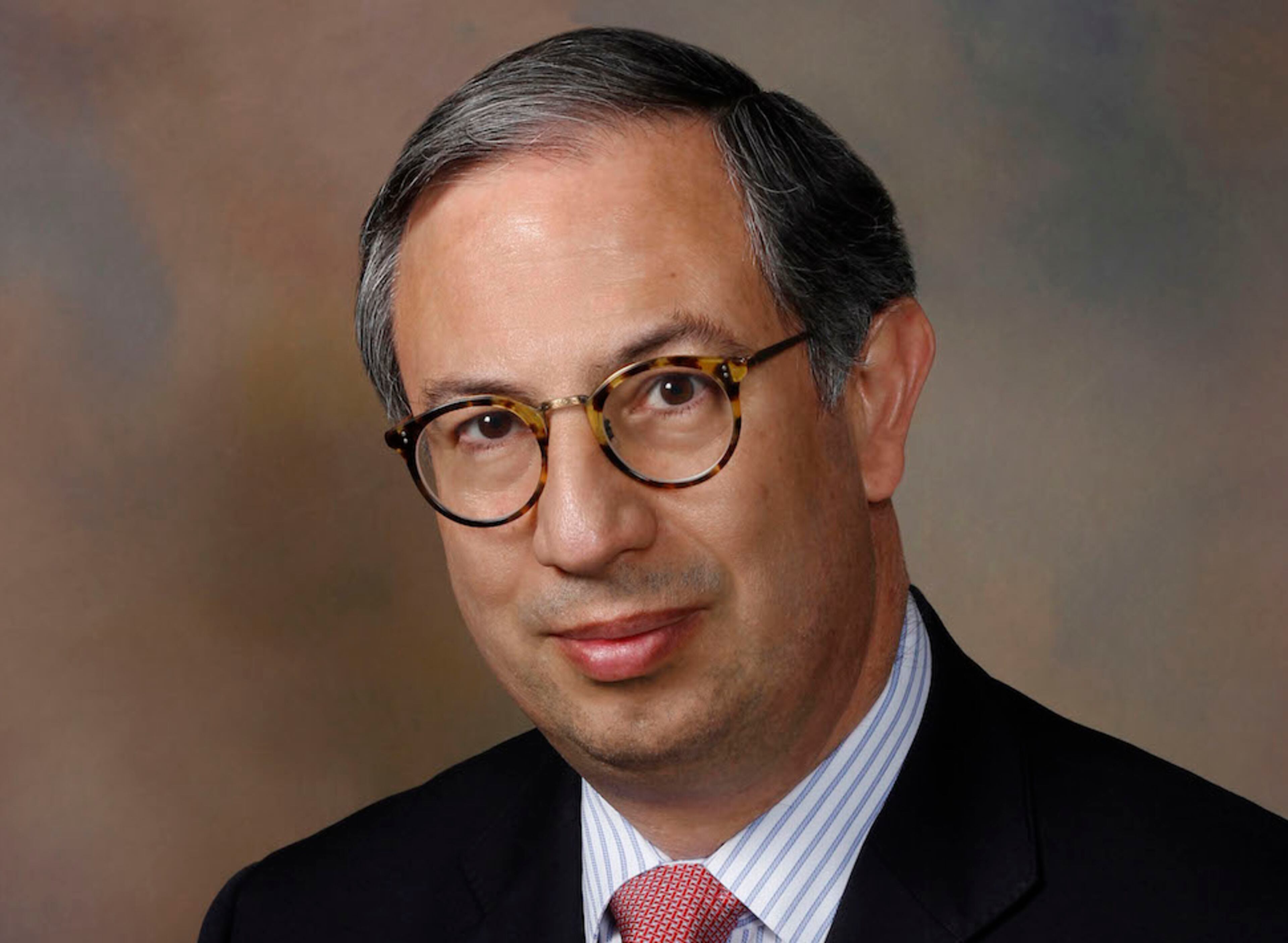Opinion: Restoring role of CDC is key in COVID-19 fight

Over the past few months, we have seen many unexpected things happen as we have confronted the COVID-19 pandemic, but none has been more lethal than curtailing the involvement of the Centers for Disease Control and Prevention (CDC), the nation’s premier public health agency.
The CDC got off to a rough start in this pandemic by botching the development of COVID-19 testing that put the U.S. behind in its response. However, this was an unprecedented situation with trial and error bound to occur as part of the process of recovery.
Even with this early challenge, in late February of this year, Dr. Nancy Messonnier, director of CDC’s National Center for Immunization and Respiratory Diseases, spoke truthfully about the pandemic and declared that community spread would occur and cause significant disruptions to the life of Americans. This was the turning point when the President opted to sideline the CDC from the pandemic response.

Many of us in the scientific community believed it was a serious mistake to remove this vital organization from the all-hands-on-deck response that was needed and one that has unfortunately proven itself out. Even with this, the CDC pressed on and continued to do what it could to support the efforts from the outside looking in with ongoing research and public health messaging. During this time, the agency faced political pressure like never before and in at least one documented instance, was faced with its recommendations being edited to fit a narrative that we can now see had its flaws.
So here we are with the pandemic spiraling out of control and a critical function of the federal government demoralized like no other time in its history. I wish I could say there is nowhere but up, but today we are trending in a negative direction, even with a potential viable vaccine on the horizon.
For those of us who call Atlanta home, it is personal. Many of the career employees of the agency are our friends and neighbors and trusted colleagues. But it goes further and deeper than this. Today we live in a world where even fundamental science has been called into question. This has demoralized those at the CDC, home to some of the leading public health experts.
Where can we possibly go from here?
One thing is absolutely certain. We cannot wait until Joe Biden’s inauguration on January 20 to make these changes, given the leadership vacuum that has developed around managing the pandemic. With little more than 60 days until a formal transfer of power, waiting to re-establish the CDC’s role in the pandemic could put us in a situation where the U.S. becomes overwhelmed by COVID-19. If that occurs, the path to normalcy shrinks significantly and becomes even more distant into the future.
President-elect Biden has already made COVID-19 a top priority with the naming of a new COVID task force this week. But with the current political environment, the group’s hands could be tied without resources or power. This will continue to play itself out and the group could begin issuing recommendations, but they will likely need to take a carrot-and-stick approach to achieve any impact. Without formal support from the federal government, this may be a challenge in the critical weeks to come.
The task force’s role will be crucial when it has the full authority in place, especially given the expertise of its members. But sometimes during a time of crisis you need to assess and leverage those things that can be controlled. I believe our current answer lies within our reach by once again standing up the CDC.
If it is a lack of faith in leadership that needs to be addressed, perhaps the CDC should take actions for change into its own hands. Unfortunately, at this juncture we don’t have the ability to assess whether it is merely perception or function. Actions must be taken. Even in his capacity as President-elect, Biden can make this request.
The scientific community, the general public and all stakeholders also need to be expressing the sentiment that career CDC employees are valued and critically important at this time. Along with this, public support by President Trump would go a long way, but even without this, continued and unwavering support by President-elect Biden would be highly valued and go a long way to restore morale and energize these key frontline workers.
Finally, let the information flow unadulterated from this critical government agency. Allowing the CDC leadership to do daily press briefings about the pandemic and to communicate with transparency and truth to the American public will begin the process of trust-building that is sorely missing at this time.
The best time to restore the CDC’s role in the pandemic response was in the not too distant past; the second best time is today. We must pivot now.
Carlos del Rio, M.D., is distinguished professor of medicine at Emory University School of Medicine. He is also a professor of global health and epidemiology at Emory’s Rollins School of Public Health and co-director of the Emory Center for AIDS Research. He is a member of the National Academy of Medicine and was elected Foreign Secretary this year.


